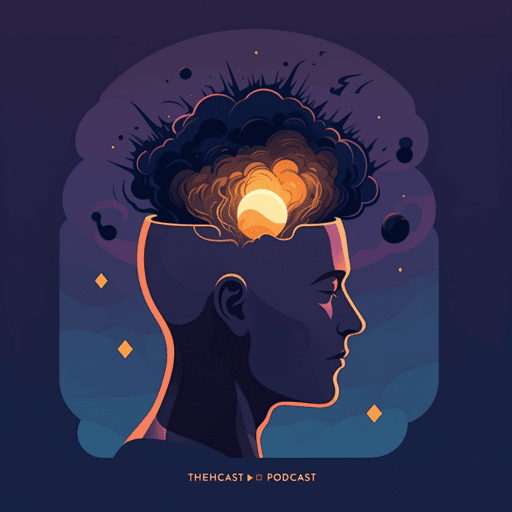
Medicine and Health
Understanding and Treating Nightmares: A Comprehensive Review of Psychosocial Strategies for Adults and Children
N. Sahu, P. S. Patil, et al.
Nightmares are distressing dreams that disrupt sleep and mental health across ages. This review distinguishes nightmares from night terrors and sleep paralysis, surveys their prevalence, and highlights psychosocial treatments—CBT, imagery rehearsal therapy (IRT), and mindfulness—that target cognitive and emotional factors to reduce nightmare frequency and improve sleep quality. Research was conducted by Authors present in <Authors> tag.
Related Publications
Explore these studies to deepen your understanding of the subject.







